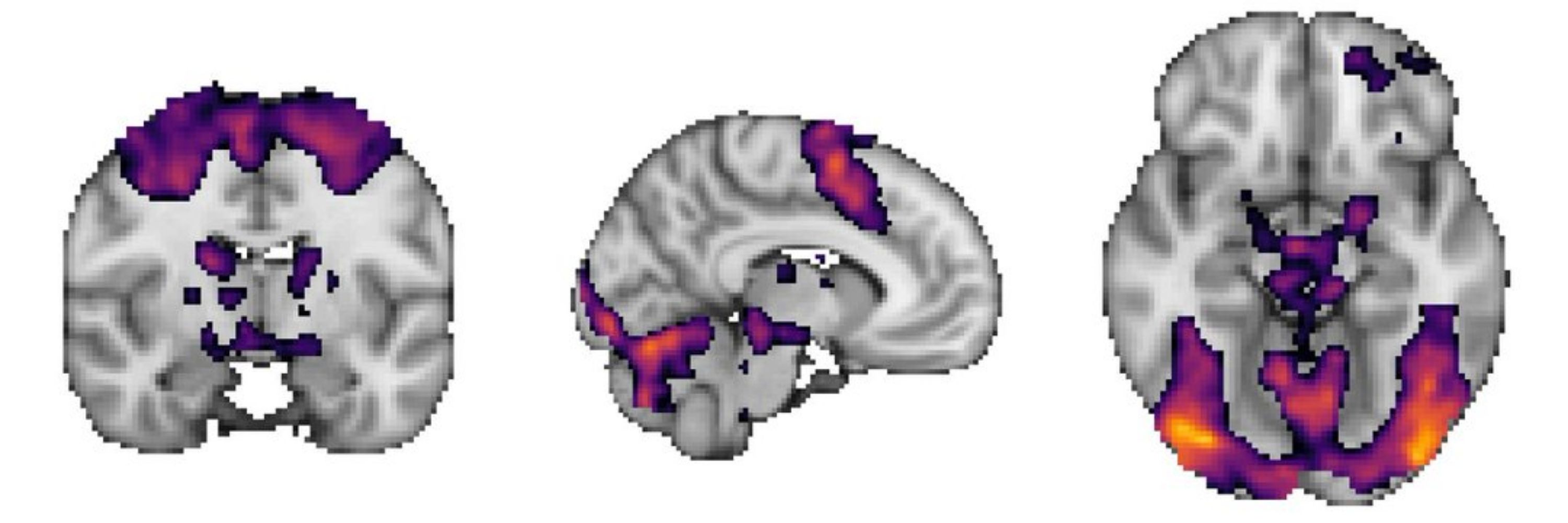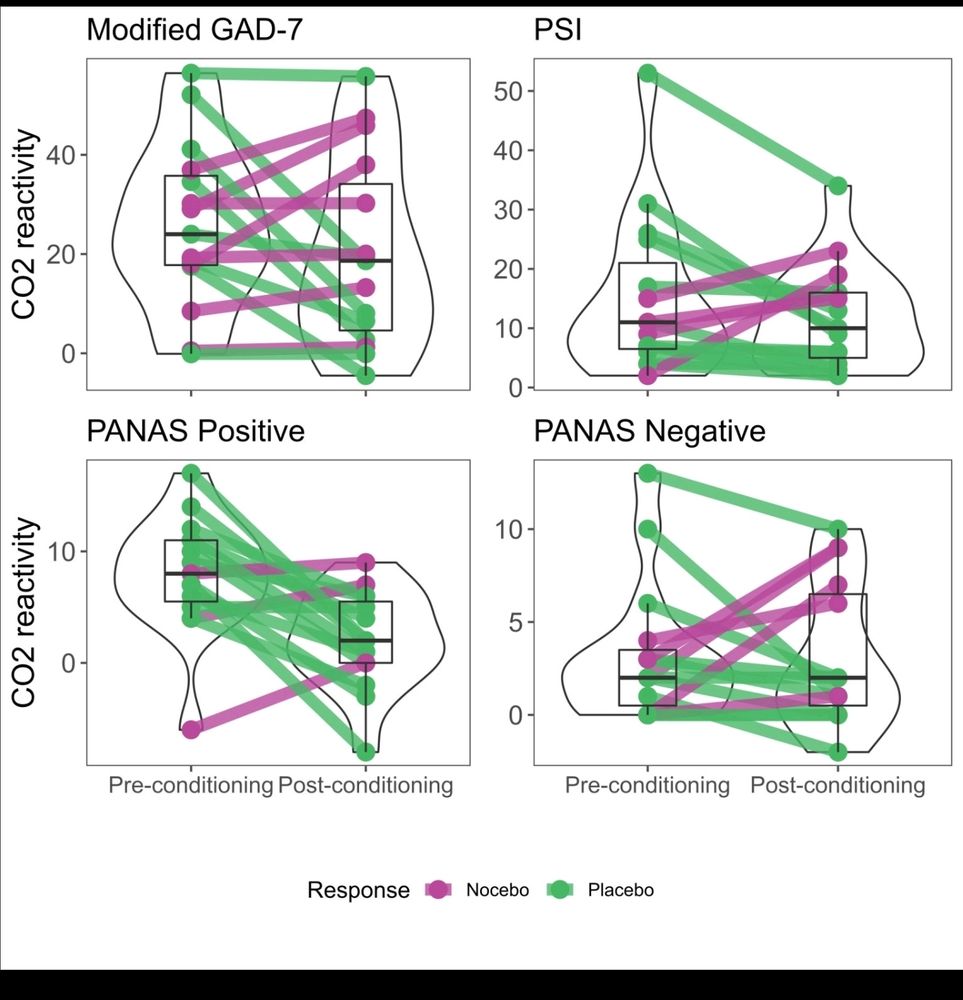
Placebo Effects | Affective and Anxiety Disorders
nathanhuneke.netlify.app
It was great to be there with such excellent speakers!


It was great to be there with such excellent speakers!
We argue that poor control conditions in digital therapeutics trials risk misleading efficacy claims.
Let’s raise the bar for DTx trial design.
🔗 authors.elsevier.com/a/1l-8p,L21E...
@ecnp.eu
#DTx #MentalHealth #ClinicalTrials

We argue that poor control conditions in digital therapeutics trials risk misleading efficacy claims.
Let’s raise the bar for DTx trial design.
🔗 authors.elsevier.com/a/1l-8p,L21E...
@ecnp.eu
#DTx #MentalHealth #ClinicalTrials



https://buff.ly/3V8dnk3

https://buff.ly/3V8dnk3









